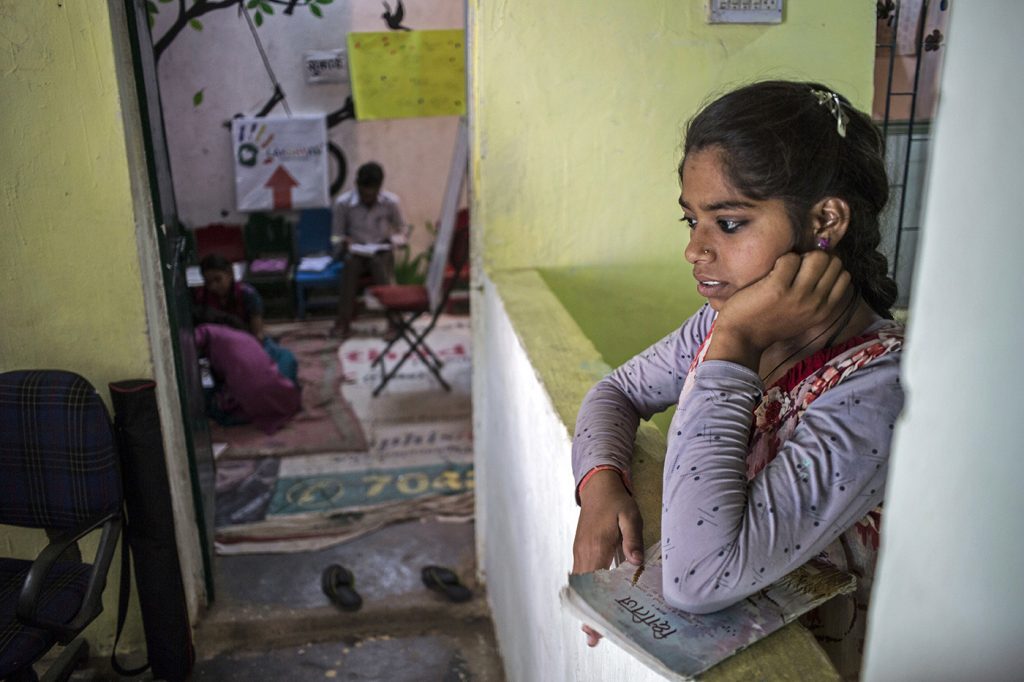Konstantinos Pagratis reflects on how education can support the global struggle to end poverty

Last week, the world marked the International Day for the Eradication of Poverty, an opportunity to reaffirm its commitment to Sustainable Development Goal (SDG) 1 – to end poverty in all its forms everywhere – and to highlight the complex, multidimensional nature of the challenges we face in achieving it.
Education is not a silver bullet when it comes to ending poverty, but it has a crucial role to play, both in securing SDG 1 and in fulfilling the commitment made by Member States in signing up to the 2030 Agenda for Sustainable Development: to leave no one behind.
UNESCO believes that the fight against poverty demands the strengthening of individuals’ capacities through education, which represents a source not only of employment but also of pride, dignity and agency. As Audrey Azoulay, the Director General of UNESCO, observes, ‘for each year a girl spends in the classroom, her future income will increase by 10 to 20 per cent’. Continue reading

